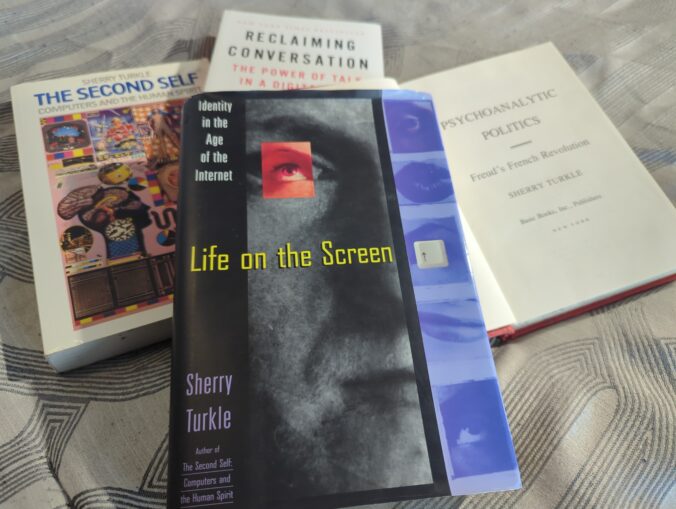Look at that image above. Every ring on this “memory plane,” or RAM module, would represent one computer bit. Do those rings look like abstract 1s or 0s to you?
One reason I’ve released my 14,000 word post Cheating at Peekaboo against a Bad Faith Adversary is to put our socially constructed perceptions of “information” in its place. Especially its fluid nature; we hear everyday that information “flows” and “spreads” around our mediated environment.
This makes intuitive sense at the basic level of how gossip gets around, or how events or ideas come to everyone’s attention all at once when broadcast and widely discussed. However, at risk of being thought of as a guy who always just states the obvious, there are a few mantras I’d wish I could convince everyone to repeat to themselves daily:
- Information does not have








